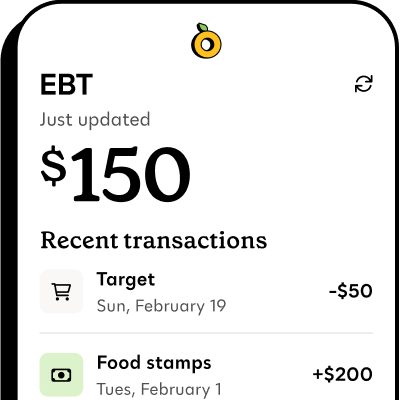

Additional expert review by
No, Medicaid isn’t going away, but changes are coming to the program.
The legislation, usually referred to as the “ Big Beautiful Bill,” was signed into law in July 2025, bringing changes to Medicaid, among other programs.
Some of these changes, like work requirements and changes to eligibility, could affect your access to health care, even though the program itself isn’t going away. Here’s what you need to know.

Propel is the #1-rated EBT balance checking app
New Medicaid work requirements#new-medicaid-work-requirements
Starting in January 2027, adults ages 19 to 64 must work at least 80 hours per month to maintain Medicaid coverage, unless they qualify as exempt–meaning the work requirements don’t apply to them.
You may be exempt from work requirements based on age, disability status, and other criteria, like if you’re currently pregnant or currently in a rehab program.
Remember that “work” can mean paid employment, volunteering, seasonal work, education and training programs, or a mix of all of the above, as long as they add up to 80 hours per month.
New Medicaid eligibility changes#new-medicaid-eligibility-changes
Starting in October 2026, Medicaid eligibility for immigrants will change, and a smaller group of people will be eligible.
Here’s which immigrant groups can still qualify for Medicaid under the new rules:
- U.S. citizens or U.S. nationals
- Green Card Holders
- Cuban or Haitian entrants
- People lawfully present under a Compact of Free Association
Previously, other immigrant groups, including refugees and asylum seekers, could qualify for Medicaid.
More frequent Medicaid renewals#more-frequent-medicaid-renewals
Starting after December 31, 2026 (and possibly earlier in some states), Medicaid recipients will be required to renew their coverage more frequently.
Previously, people with Medicaid renewed their plans annually. After December 31, 2026, all Medicaid recipients will need to renew every six months, or twice a year.
Some people will be exempt from more frequent renewals, based on age, disability status, and caregivers, including:
- Adults age 65 and older or children under age 19
- Anyone who gets SSI or is considered disabled, medically frail, or seriously ill
- People who are pregnant
- Anyone who gave birth recently (up to 12 months after birth, depending on the state)
- A parent, guardian, or caregiver of a person with a disability or a child aged 13 or younger
Higher out-of-pocket costs#higher-out-of-pocket-costs
Starting October 2028, adults who get health coverage through the Affordable Care Act (also called Medicaid expansion) will be required to pay higher out-of-pocket fees for some medical care.
These changes will not impact everyone on Medicaid, only people who are:
- Ages 19 to 64
- Have a household income above 100% of the federal poverty level
- Are part of the ACA expansion group and NOT a parent, age 65 or older, a person with a disability, or someone with another qualifying status







